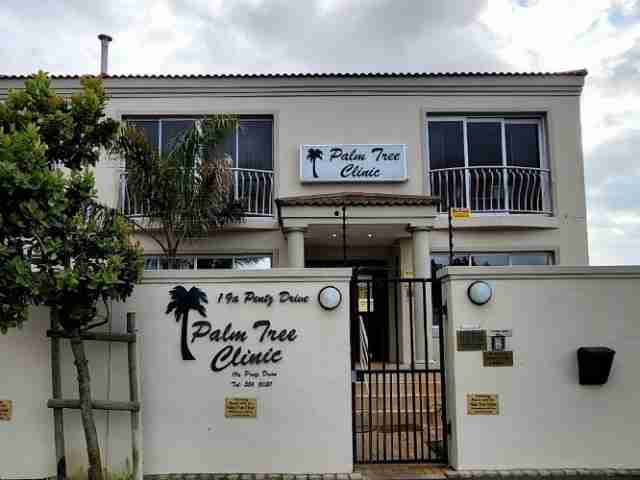More About Licensed Primary Mental Health Centers
Your mental health directly influences how you think and feel on a daily basis, so when things aren’t right, it can make daily life a challenge. If your daily functioning is being impacted by the weight of your mental health concern, it may be time to consider rehab for your mental health condition.
What is a Licensed Primary Mental Health Treatment Center?
A licensed primary mental health treatment center is a facility that provides comprehensive rehab services specifically for primary mental health disorders. Primary mental health treatment is available at all levels of care, including:
- Intensive Inpatient - acute treatment for severe mental health lasting from days to weeks
- Residential - live in treatment for several days up to at least 30 days
- Partial Hospitalization Programs - full day treatment for 5-7 days per week
- Intensive Outpatient Programs - 3-5 times per week
- Outpatient Programs - 1-2 times per week for at least 30 days
In order to be able to treat mental health as a primary condition, these centers are licensed by regulating bodies to ensure they meet quality standards of care.
What Services are Offered at a Licensed Primary Mental Health Center?
Mental health rehab centers often offer comprehensive care for people who are struggling with one or more mental health conditions. These services range from:
- Assessment and evaluation - evaluations are done to accurately diagnose mental health diagnosis, determine needs and create a treatment plan.
- Therapy - individual and group therapy with mental health counselors or master’s level clinicians allows you to explore the symptoms of your condition, develop coping skills and uncover trauma.
- Medication management - psychiatrists or medical providers can assess your need for medication depending on your symptoms and monitor their effectiveness while you’re in treatment.
- Psychoeducation - while in rehab, you will meet with a counselor to learn healthy lifestyle choices, relapse prevention, stress management and the science behind your mental health condition.
- Dual diagnosis treatment - if you have a co-occurring disorder such as another mental health condition or substance use disorder, some primary mental health rehabs will address and treat both conditions.
- Alternative or holistic therapies - some mental health rehabs incorporate yoga, music therapy, art therapy, mindfulness practices and meditation to enhance your emotional wellbeing, reduce your stress and encourage self-expression.
- Family therapy - involving your family in your therapy sessions can help improve your family dynamic, communication and facilitate support and understanding.
- Aftercare planning - an aftercare plan is a comprehensive treatment plan that focuses on helping you develop long-term strategies for recovery and relapse prevention. This plan can help you build a strong foundation for overall mental health and encourage healthy lifestyles and coping skills.
What Types of Mental Health Conditions Can Be Treated?
Going to rehab is essential to address severe mental health conditions that are greatly disturbing your daily life. Treatment can help you reduce your symptoms and keep you safe while you receive help. Many people who need treatment at rehab have one or more of the following conditions:
- Depressive disorder
- Anxiety disorders
- Personality disorders
- Trauma-related disorders - PTSD
- Eating disorders
These are just a few of the types of disorders that are treated at a mental health facility. If you have questions about your condition and if you qualify for treatment, reach out to a treatment center and they will help you determine which level of care is best for your situation.
What is the Success Rate of Mental Health Rehab?
The success rate of individuals who go to rehab for mental health varies depending on several factors. The severity of the mental health condition is different for everyone, providing different results. Each individual’s commitment to change varies, which will affect results. The chosen treatment methods and the presence of any co-occurring disorders will also impact success and resolution of any symptoms.
Overall, success rates are hard to determine due to the varying levels of complexity for each person who attends rehab. It is important to have realistic expectations when choosing a rehab, knowing that change can take time. Success can be achieved with greater ease if you have a strong commitment to healing, a strong support system, and consistent engagement in healthy lifestyle changes after you leave treatment.































